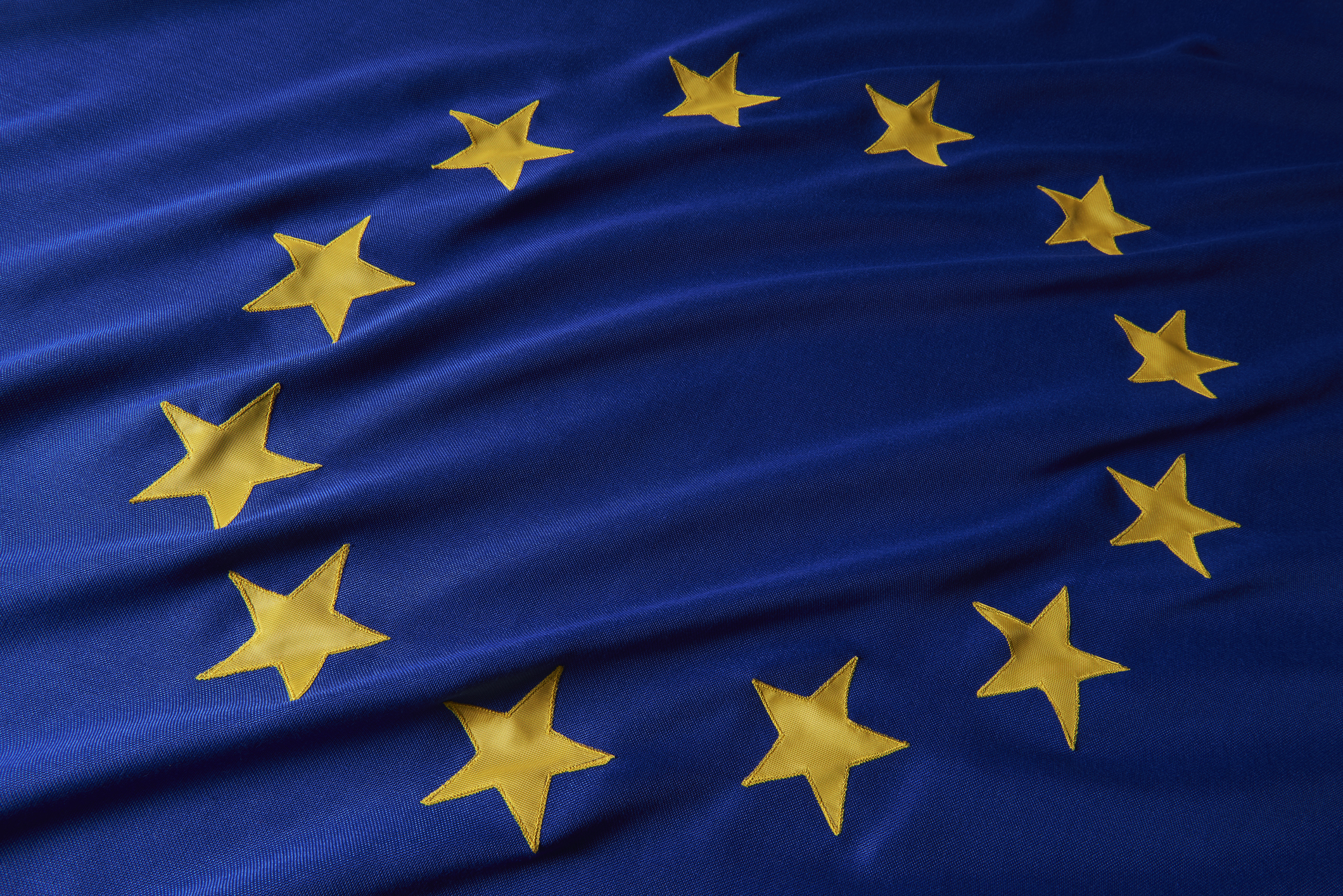Three presses ahead with ad-block plans, despite EU guidance
Three wants to enable network-level ad-blocking in 2017

Three will push ahead with plans to introduce ad-blocking on its network, despite EU opposition.
The mobile operator plans to roll out ad-blocking in 2017, claiming mobile ads are intrusive and appear in front of users without their agreement.
However, the EU's Body of European Regulators for Electronic Communications (Berec) has now released guidance saying that network providers cannot meddle with any internet services or apps their customers use.
The guidance reads: "Providers of internet access services shall not block, slow down, alter, restrict, interfere with, degrade or discriminate between specific content, applications or services."
The guidance is for national regulators though, rather than being directly applicable to network providers, and it's telecoms regulator Ofcom's job to interpret Berec's guidance and choose how it enforces the guidance in the UK.
An Ofcom spokesman told IT Pro: "Ofcom will monitor compliance with the new rules, and look into any complaints received. We will consider any potential breaches as they arise in accordance with our interpretation of the Regulation, and drawing upon the Berec Guidelines to inform our approach."
As its statement suggests, Ofcom will wait and see whether network providers' plans represent a breach of the Berec guidance.
Get the ITPro daily newsletter
Sign up today and you will receive a free copy of our Future Focus 2025 report - the leading guidance on AI, cybersecurity and other IT challenges as per 700+ senior executives
As a result, IT Pro understands that Three will press on with ad-blocking plans it first trialled in June, when it stated its intention to "revolutionise the mobile advertising experience" of its users.
If its plans remain unchanged, they would involve making the advertiser pay for data charges related to ads, not the user, ensuring customers' security and privacy, and ensuring that the advertising received by customers is relevant and interesting to them.
When Three announced its plans, CMO for the UK, Tom Malleschitz, said: "This is the next step in our journey to make mobile ads better for our customers.
"The current ad model is broken. It frustrates customers, eats up their data allowance and can jeopardise their privacy. Something needs to change."
Three declined to comment on the story, and it is not known when in 2017 it will enable network-level ad-blocking, although IT Pro understands the service would be opt-in for all users.
The Internet Advertising Bureau (IAB) said in February that ad-blockers could force users to pay for content they currently receive for free.
Ad-blocking services are predicted to cost publishers 19 billion by 2020, according to a study by Juniper Research in May, with the number of ad-block users rising 41 per cent year-on-year in 2015.
-
 CISA issues warning in wake of Oracle cloud credentials leak
CISA issues warning in wake of Oracle cloud credentials leakNews The security agency has published guidance for enterprises at risk
By Ross Kelly
-
 Reports: White House mulling DeepSeek ban amid investigation
Reports: White House mulling DeepSeek ban amid investigationNews Nvidia is caught up in US-China AI battle, but Huang still visits DeepSeek in Beijing
By Nicole Kobie
-
 New Ofcom guidelines show it’s getting tougher on big tech
New Ofcom guidelines show it’s getting tougher on big techNews New Ofcom guidance outlining its plans for the Online Safety Act show the regulator is toughening up on big tech.
By Emma Woollacott
-
 ‘Europe could do it, but it's chosen not to do it’: Eric Schmidt thinks EU regulation will stifle AI innovation – but Britain has a huge opportunity
‘Europe could do it, but it's chosen not to do it’: Eric Schmidt thinks EU regulation will stifle AI innovation – but Britain has a huge opportunityNews Former Google CEO Eric Schmidt believes EU AI regulation is hampering innovation in the region and placing enterprises at a disadvantage.
By Ross Kelly
-
 The EU just shelved its AI liability directive
The EU just shelved its AI liability directiveNews The European Commission has scrapped plans to introduce the AI Liability Directive aimed at protecting consumers from harmful AI systems.
By Ross Kelly
-
 A big enforcement deadline for the EU AI Act just passed – here's what you need to know
A big enforcement deadline for the EU AI Act just passed – here's what you need to knowNews The first set of compliance deadlines for the EU AI Act passed on the 2nd of February, and enterprises are urged to ramp up preparations for future deadlines.
By George Fitzmaurice
-
 EU agrees amendments to Cyber Solidarity Act in bid to create ‘cyber shield’ for member states
EU agrees amendments to Cyber Solidarity Act in bid to create ‘cyber shield’ for member statesNews The EU’s Cyber Solidarity Act will provide new mechanisms for authorities to bolster union-wide security practices
By Emma Woollacott
-
 The EU's 'long-arm' regulatory approach could create frosty US environment for European tech firms
The EU's 'long-arm' regulatory approach could create frosty US environment for European tech firmsAnalysis US tech firms are throwing their toys out of the pram over the EU’s Digital Markets Act, but will this come back to bite European companies?
By Solomon Klappholz
-
 EU AI Act risks collapse if consensus not reached, experts warn
EU AI Act risks collapse if consensus not reached, experts warnAnalysis Industry stakeholders have warned the EU AI Act could stifle innovation ahead of a crunch decision
By Ross Kelly
-
 Ofcom’s draft guidelines on illegal online content set stringent rules for big tech
Ofcom’s draft guidelines on illegal online content set stringent rules for big techNews The codes of practice gives an insight into what the Online Safety Act will mean in practice
By Ross Kelly